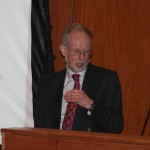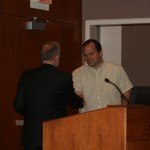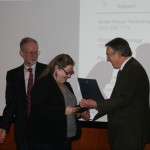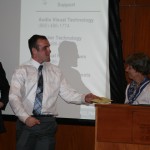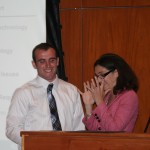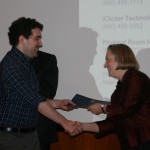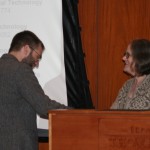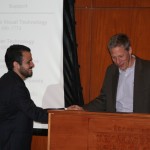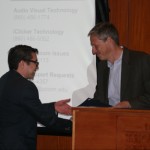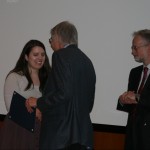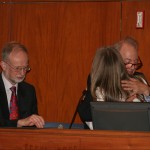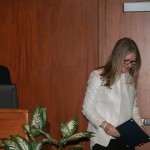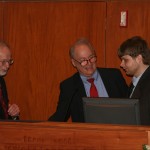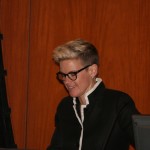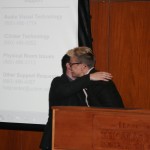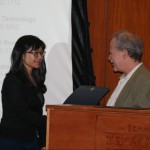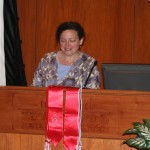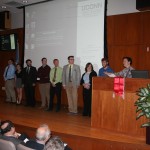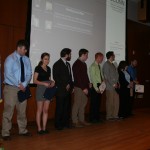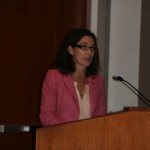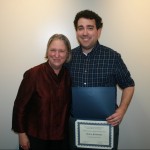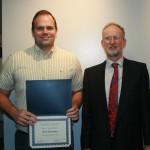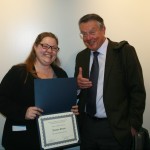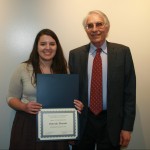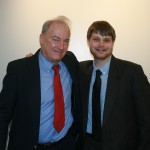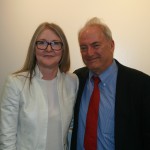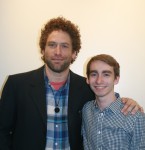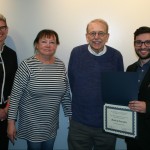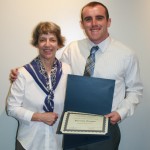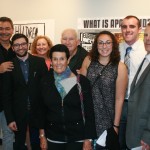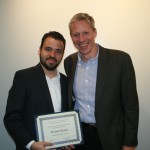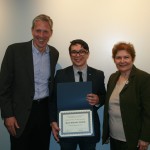Of the many History majors who were graduated on May 8, twenty-two History majors graduated either as Honors Scholars or with Latin honors – some with both.
Five Honors Scholars shared their thesis abstracts with the department: one evaluates the impact of President Kennedy’s Alliance for Progress on US foreign policy toward Chile; another examines the reversal of fortune for the English monarchy in the 13th century; and another investigates a possible connection between queer/queercore zines of the 1980s-2000s and radical queer politics. Another thesis analyzes the Kurdish nationalist movement in the 20th century, while another scrutinizes the impact of the Enrollment Act of 1863, the first national draft in United States history.
Abstract: Facing the threat of communism spreading throughout Latin America after the 1959 Cuban Revolution, President Kennedy enacted a sweeping re-imagination of US regional foreign aid: The Alliance for Progress. Designed to thwart the spread of communism through improving continent-wide economic and social development, it represented a peak in US ambitions to affect policy changes abroad. This paper combines an analysis of US foreign policy towards Latin America, with more specific foci on Chile, US-Chile bilateral relations and the Chilean housing sector. Ultimately, the paper examines the relations between the two governments, particularly during the presidency of Eduardo Frei, an ambitious, pro-US reformer. Using housing policy as a case study, the paper examines how reformist aims contributed to counterproductive results, including the first democratic election of a Marxist president in the Western hemisphere.
Joseph Fusco

Abstract: After the reigns of Henry II and Richard I, the prestige of the English monarchy was at an unparalleled high. The kingdom owned large stretches of land in western France and after Richard’s prominent role in the Third Crusade the monarchy could scarcely be more respected. In the beginning of the 13th century the kingdom was ruled first by King John, and then by Henry III. Despite the power of their predecessors, both kings saw a massive downturn in their authority. The barons of England were constantly rebelling and they stripped much of the power away from the crown, until at one point the king was little more than a puppet with his son Edward held hostage and Magna Carta signed and sealed to preserve future limits on the King’s power. Many historians both then and now attribute this to the weaknesses of John and Henry III. However, while this was certainly a major factor, my research has uncovered an underlying theme of greed for power on behalf of the English nobility that I believe exceeds any weaknesses the monarchs had. This paper identifies how and why the English nobility stole power from the king, and to what degree the nobility were fighting for their own glory, and not the glory of their country.
Adam Kocurek

Abstract: In an effort to further historicize queer anarchist politics in the 20th century, this thesis worked to establish a connection between the queer/queercore zines of the 1980s-2000s and radical queer politics. Zines from the Queer Zine Archive Project database were closely examined and compared in an attempt to distill the radical politics that manifested in the space of queer punk, homopunk, and queercore. Through an exploration of these artifacts, it became evident that the radical leftist politics of the early Gay Liberation movement were transformed and founded renewed invigoration in the queercore scene, wherein authors expressed their thoughts and feelings on topics ranging from capitalism, homonormatism, racism, and normative gay integrationalist and assimilationist politics aimed at normative liberal moves towards citizenship.
David Luchs
“A State Denied: Kurdish Nationalism and the Problems of Ethnic Coordination”

Abstract: In this paper, I examine the history of the Kurdish nationalist movement in the 20th century. I propose that Kurdish nationalist movements that have the ability to encourage Kurds to self-identify along ethnic lines will have the most success in attracting support and achieving their goals. As a result, countries like Iraq where there is no unified sense of national identity will foster stronger Kurdish national movements. On the other hand, countries like Turkey where the state can counter Kurdish identity will be able to resist the demands of even strong Kurdish movements such as the PKK, which limits its support base by identifying itself as an ideological as well as an ethnic movement. In particular, states like Iran which successfully foster non-ethnic identification are successful in dissuading Kurds from joining Kurdish nationalist movement. This research suggests that ethnic nationalist movements which have a purely ethnic appeal for support are most likely to succeed, while those that also try to assert other messages (religious, ideological, social, etc.) are less likely.
Melissa Traub

Abstract: As recruitment slowly dwindled as the Civil War dragged on, the North was forced to pass the Enrollment Act of 1863, the first national draft in United States history. For an already unstable nation, the national draft did little to heal the divides that split the country. The policies of substitution and commutation led to great resentment, eventually sparking the New York City Draft Riots of 1863. To many Union soldiers, drafted men and substitutes were “unscrupulous men” who lied, deserted, and shirked their duty to their country. Other volunteers however, urged their loved ones to escape the draft and to support the war effort from home. My thesis examines and analyzes the thoughts and attitudes of these Union soldiers, recorded in their diaries and letters, giving us great insight into the average soldier’s opinion on recruitment and the draft, a view that has often been overshadowed by the public’s.

